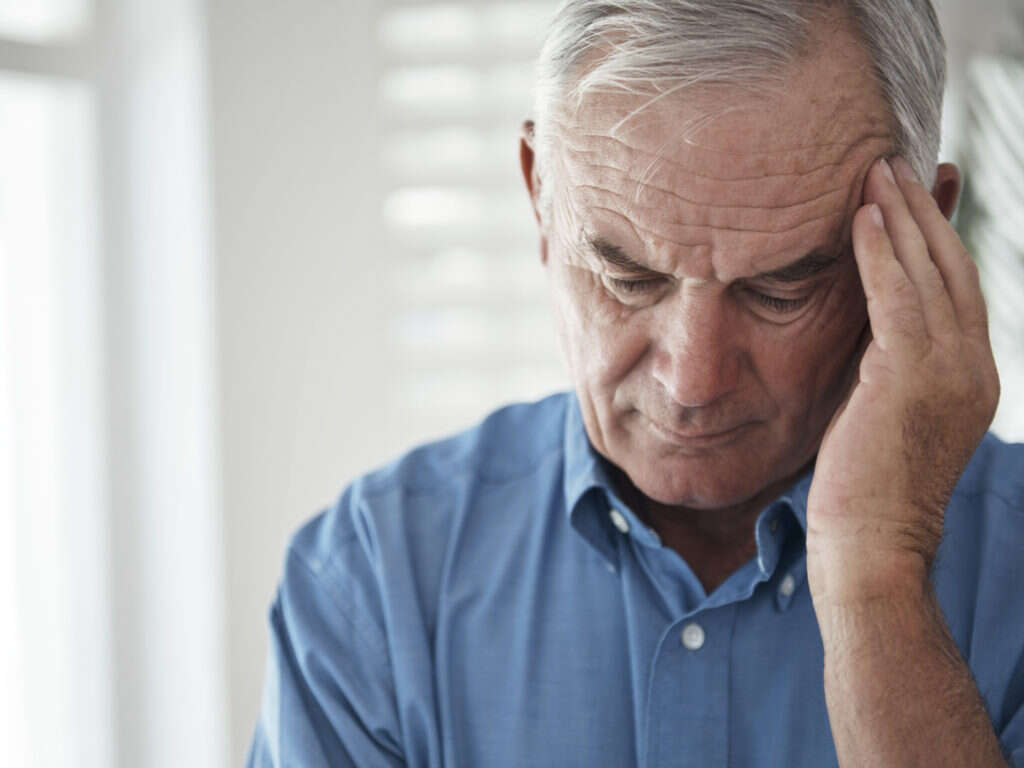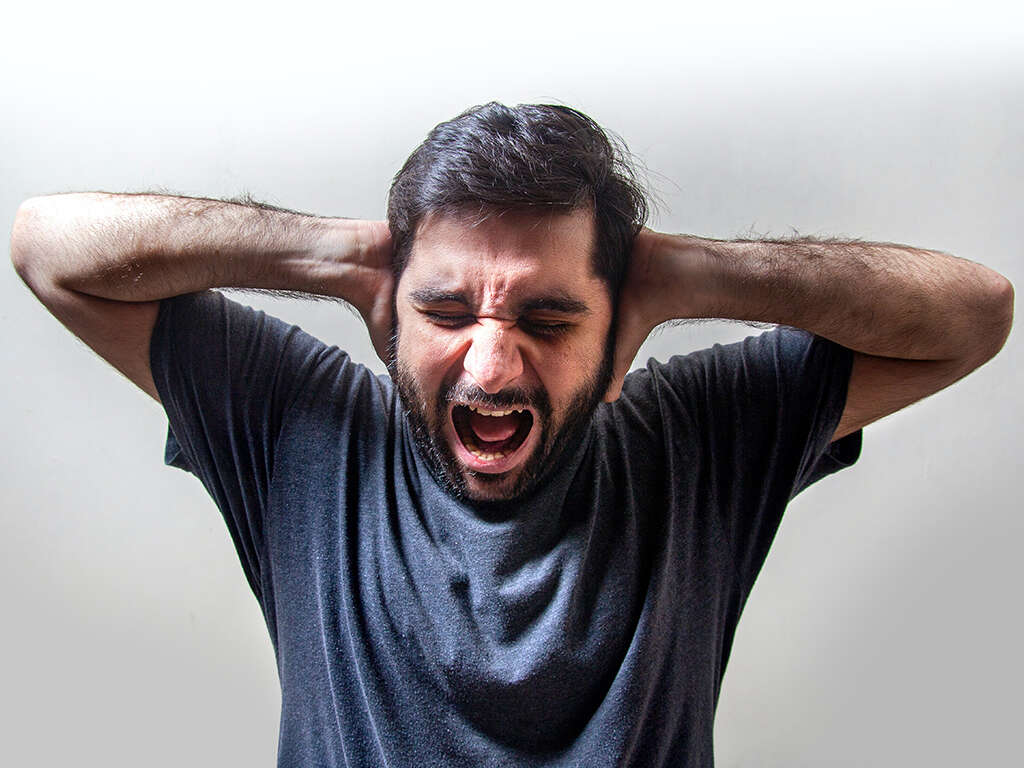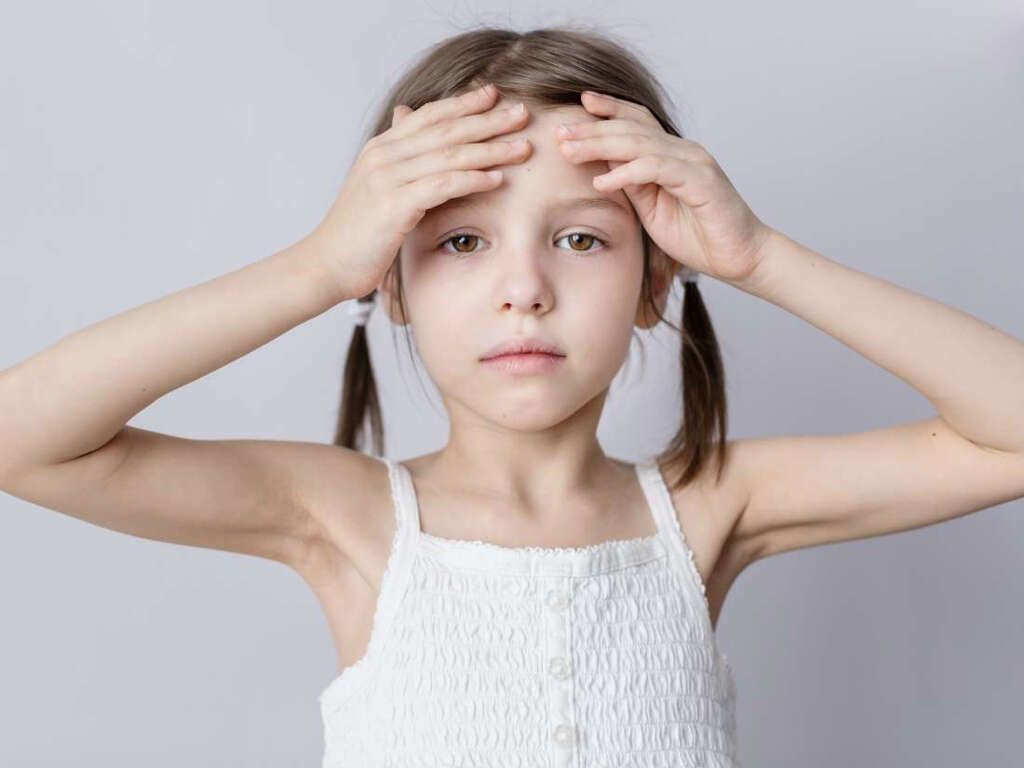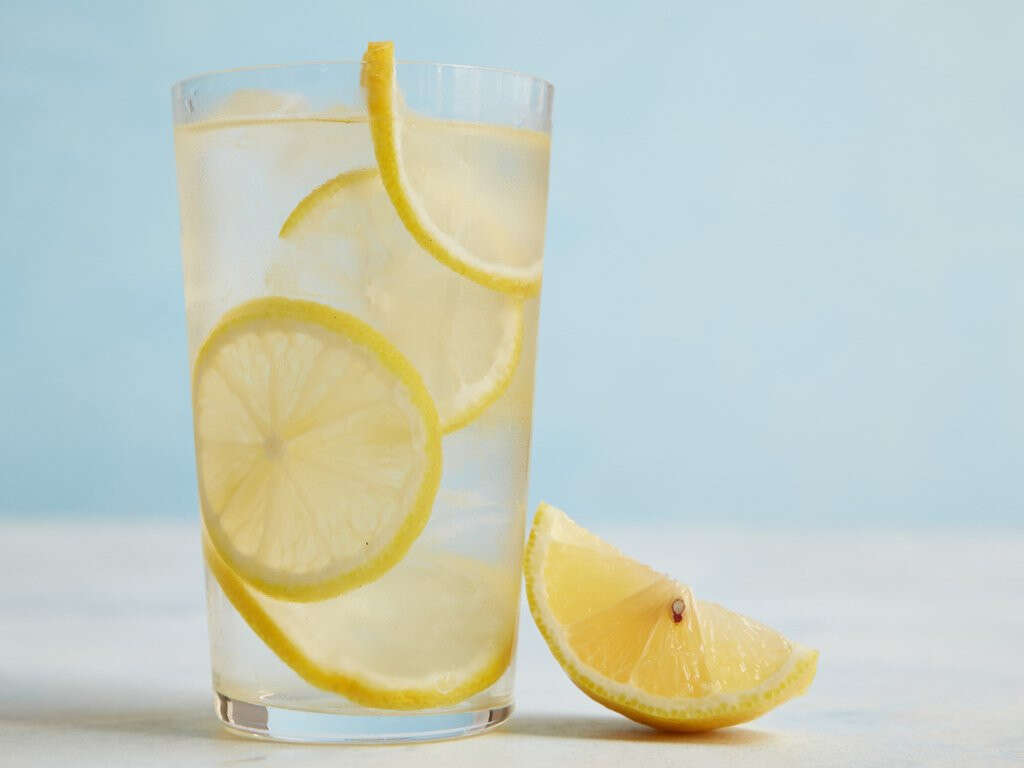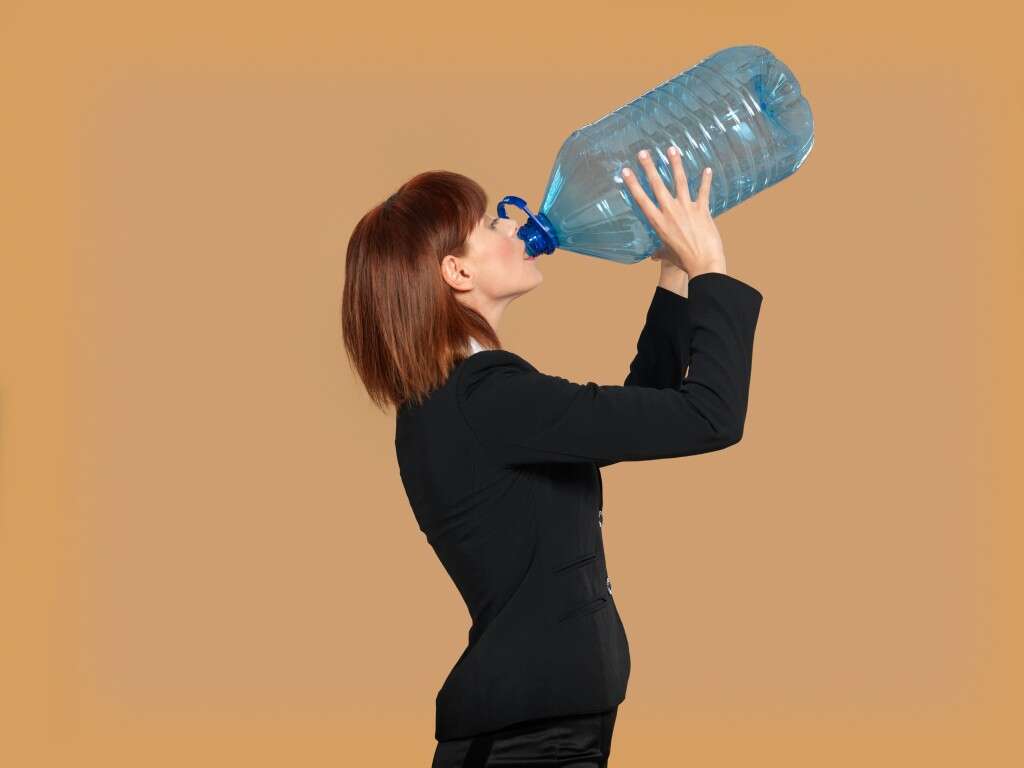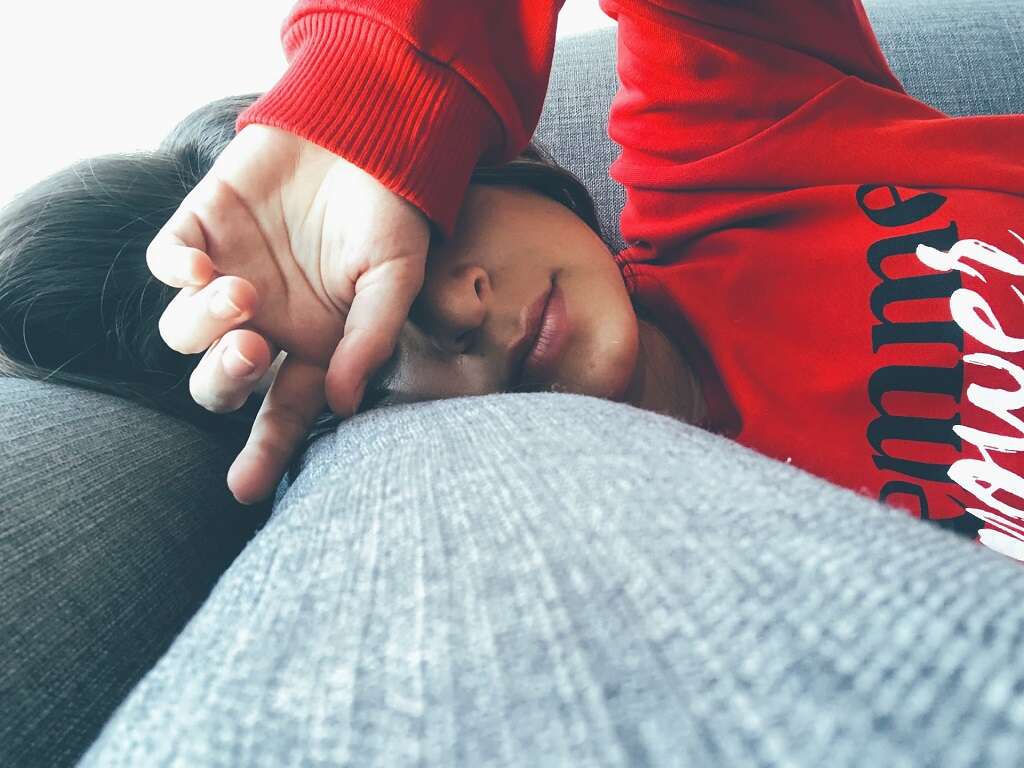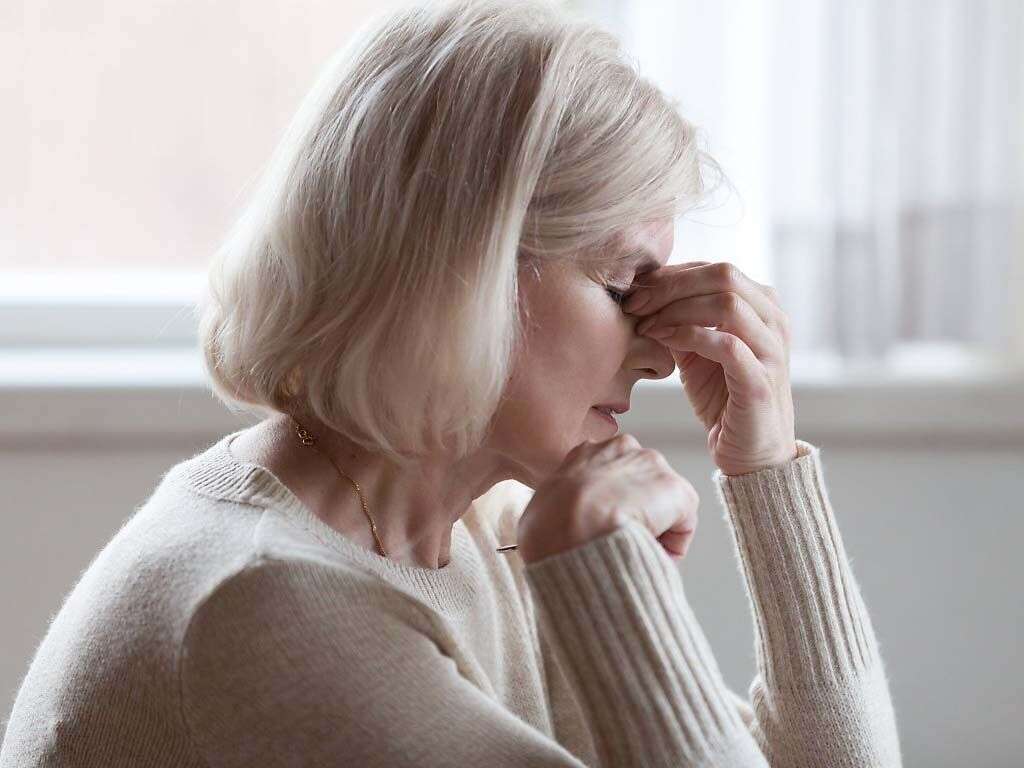Dehydration Headache Symptoms, Remedies and More
 Article Sources
Article Sources
- 1. 'Dehydration Headache' Healthline, 27 April 2021, https://www.healthline.com/health/dehydration-headache#symptoms.
- 2. 'Dehydration - NHS' NHS, 27 April 2021, https://www.nhs.uk/conditions/dehydration/.
- 3. Water-Deprivation Headache: A New Headache With Two Variants', Headache, 06 Jan 2004, onlinelibrary.wiley.com/doi/10.1111/j.1526-4610.2004.04014.x.
- 4. 'Water: How much should you drink every day?' Mayoclinic, 28 April 2021, https://www.mayoclinic.org/healthy-lifestyle/nutrition-and-healthy-eating/in-depth/water/art-20044256.
Dehydration headaches are incredibly common and can be unpleasant to deal with. These headaches strike if someone doesn't drink enough water. They're particularly common in the summer months when the weather is hot and people lose a lot of water through perspiration, but they can occur at any time of the year.
Learning how to recognize dehydration headaches can help people deal with the symptoms, banish the headache before it gets too bad and prevent the problem from recurring. Dehydration, if left untreated, can be serious, so it's important to be mindful of daily water consumption.
1. What Is a Dehydration Headache?
Dehydration headaches are, as the name suggests, headaches that occur when a person is dehydrated. Not taking in enough water to support the body's essential processes and activity level can lead to many mild, short-term symptoms, including dehydration. If the dehydration becomes severe, the symptoms may become life-threatening.
Unfortunately, research into the exact mechanism that causes dehydration headaches is limited.1‘Dehydration Headache’ Healthline, 27 April 2021, https://www.healthline.com/health/dehydration-headache#symptoms. However, people who suffer from them report experiencing a headache that feels worse when they move their heads and that gets better within 30 minutes to a few hours of drinking water.
2. Signs of Dehydration
Mild dehydration can cause several symptoms, including a dry mouth, dry eyes, thirst, tiredness and darker-than-normal-colored urine.2‘Dehydration - NHS’ NHS, 27 April 2021, https://www.nhs.uk/conditions/dehydration/. As people become more dehydrated, they may experience headaches, fatigue and disorientation.
Older people and young children are more likely to experience dehydration because they're more prone to forgetting how much they've had (or not had) to drink. Learning to spot the signs of dehydration is important so remedial action can be taken before the dehydration becomes severe.

3. What Causes Dehydration?
Dehydration happens if a person takes in less water than they need to support their body's activity level. Athletes may become dehydrated if they exercise intensely without drinking enough water. Even sedentary people can experience dehydration during the summer if the weather is far hotter than normal.
Dehydration may also occur as a result of water loss from diarrhea caused by food poisoning or gastric distress, for example. Hydration salts can help replenish lost water and electrolytes in people who are unwell.
4. Who Gets Dehydration Headaches?
Dehydration headaches are quite common. The research journal Headache reports that 1 in 10 adults have such headaches at some point in their lives.3Water-Deprivation Headache: A New Headache With Two Variants’, Headache, 06 Jan 2004, onlinelibrary.wiley.com/doi/10.1111/j.1526-4610.2004.04014.x. People who experience migraines are particularly prone to dehydration headaches and often list dehydration as a migraine trigger.
People who are at risk of dehydration due to other health conditions such as diabetes may be more likely to experience dehydration headaches. It's particularly important for these people to monitor their hydration levels.
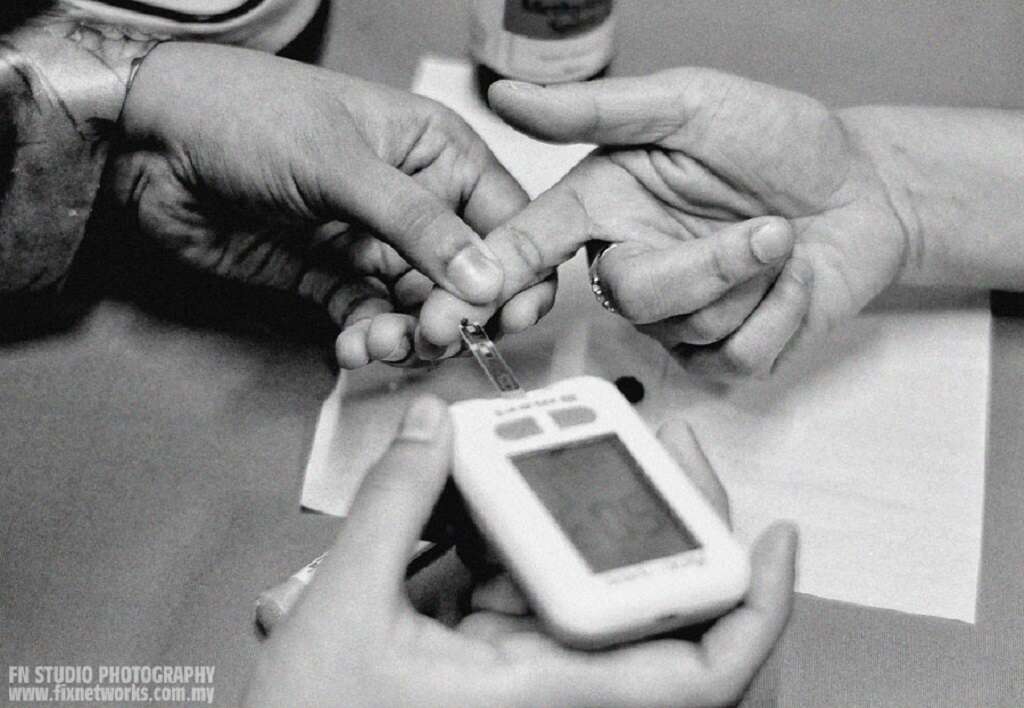
5. How to Treat Dehydration Headaches
Dehydration headaches typically go away of their own accord if someone replaces the water they've lost. Some people report feeling better within 30 minutes after drinking water. In other cases, recovery takes longer.
If the headache is particularly severe, over-the-counter pain medication may help dull the pain until the stomach has had time to absorb the water, and the underlying cause of the headache is cured. Always read the label of any medication, follow the instructions, and don't take more than directed.
6. Dehydration and Heatstroke
Heatstroke occurs when a person is so dehydrated the body cannot cope. A person with heatstroke may appear confused, have flushed skin and a rapid heartbeat, and show signs of disorientation. If they're severely dehydrated, they may have stopped sweating, even in hot weather.
Heatstroke is a serious condition, and it's important to treat it promptly. Take the person to a shaded area, help them cool down, offer them water to sip slowly and seek professional medical advice.

7. Warning Signs of Dehydration Headaches
In most cases, dehydration comes on slowly, and before a headache appears, people experience other symptoms, such as a dry mouth and feelings of thirst. It's possible to prevent dehydration headaches by learning to recognize these symptoms.
People who have a relatively weak sense of thirst may struggle to notice these warning signs but may notice that if they go without drinking water for a while, they struggle to concentrate or get "brain fog." That's another indicator that it's time to rehydrate.
8. How to Stop Dehydration Headaches
The only way to prevent dehydration headaches is to drink enough water. Some people set a timer on their watch to tell them to stand up, move around and get a glass of water after a set time.
Others take a large bottle of water with them to work and aim to finish the whole bottle by the end of the day. Remember, more water is needed if it's very hot or during physical activity.
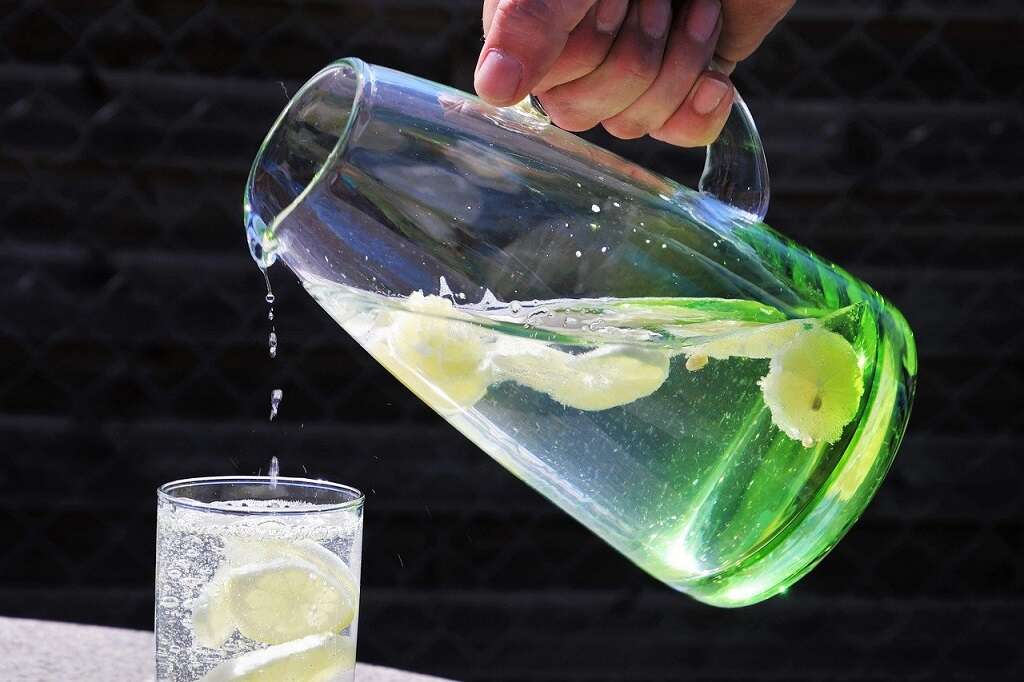
9. How Much Water to Drink Each Day
The U.S. National Academies of Sciences, Engineering and Medicine recommends that men drink 3.7 liters of water a day, while women should aim for 2.7 liters.4‘Water: How much should you drink every day?’ Mayoclinic, 28 April 2021, https://www.mayoclinic.org/healthy-lifestyle/nutrition-and-healthy-eating/in-depth/water/art-20044256. These figures are for an average-sized person with an average activity level and include liquid intake from food and non-water beverages.
Most people get about 20 percent of their day-to-day water intake from food. Remember that some drinks, such as alcohol and coffee, can have a diuretic effect, which may mean more water is required.
10. What Else Can Cause Headaches?
Dehydration isn't the only thing that can cause headaches. Some people experience headaches as part of having a cold or the flu. Eyestrain and stress can lead to headaches, and a headache is the most common and well-known symptom of migraines.
Many headaches are caused by minor ailments, but some can be serious. If someone is experiencing persistent, unexplained headaches, they should seek advice from a doctor to determine the underlying cause.


